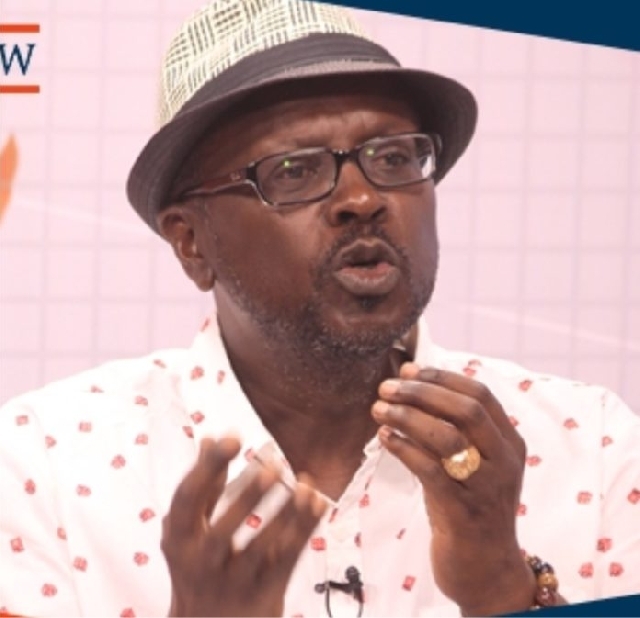Kwaku Asare criticises judicial inconsistency, warns of eroding public trust in courts
 Professor Stephen Kwaku Asare
Professor Stephen Kwaku Asare
D&D Fellow in Public Law and Justice at CDD-Ghana, Professor Stephen Kwaku Asare, has warned over perceived inconsistencies within Ghana’s judiciary, cautioning that such practices could erode public confidence in the courts.
In a statement addressing Ghana’s judicial principles, Professor Asare contended that while politicians may often change their stance with little consequence, the judiciary must remain consistent to retain its legitimacy.
“Politicians can champion a position in the morning and oppose it by evening. But courts cannot afford such inconsistency. Their very survival depends on stability and adherence to principle,” he asserted.
According to Professor Asare, the strength of the judiciary lies in the “steadfast, even-handed application of the law.”
He noted that inconsistent rulings, such as the courts interpreting identical facts differently to uphold jurisdiction in one case while denying it in another, undermine public trust.
“The moment they falter...they chip away at public trust,” he indicated.
Professor Asare expressed concern over cases where courts emphasised principles like the right to a fair hearing but then deliver judgments without hearing all parties involved.
He also highlighted instances of delays and perceived inequities in judicial handling, questioning why some cases are resolved in mere hours while others linger for years.
“Courts can’t enjoin an MP from serving their constituents for 15 months, while underscoring the sanctity of representation in other cases,” he noted.
Consistency, Professor Asare argues, is essential for public faith in the justice system. While people may accept rulings they disagree with, he explained, what breeds frustration is the perception of unequal treatment.
“What citizens resist is what they perceive as ‘ananse justice’ for some and ‘ntikuma justice’ for others. Such disparities breed suspicion and resentment,” he said.
Professor Asare lamented that many citizens are now disregarding court rulings, even when sound reasoning is involved, due to the perceived lack of consistency.
“When courts become inconsistent, they cease to be guardians of justice and start resembling politicians,” he observed.
Reflecting on the broader implications, he asked: “Whither are we drifting, when even the courts that are supposed to be the last bastion of fairness and reason begin to lose our trust?”
Source: classfmonline.com
Trending News

Dr Gideon Boako urges NAiMOS task force to step into Tano North galamsey crisis
13:20
Ga Mantse joins Asantehene at police headquarters to strengthen traditional–police collaboration
12:51
Cape Coast Assembly presents 8-year development plan to gov't
13:48
GTEC directs UG to reverse fee hikes by Jan. 12
11:54
NDC Regional Chairman extends annual support to vulnerable groups in Assin Foso
02:59
Mahama condemns GNFS assault on Class FM's journalist
13:16
Lands and Mines Watch Ghana defends GoldBod licence issued to Bawa Rock
12:06
77th Annual New Year School and Conference opens at University of Ghana
13:15
Gov’t condemns alleged assault on Class Media Group journalist
11:53
Margins Group reaffirms commitment to innovation and service delivery as 2026 begins
02:35



